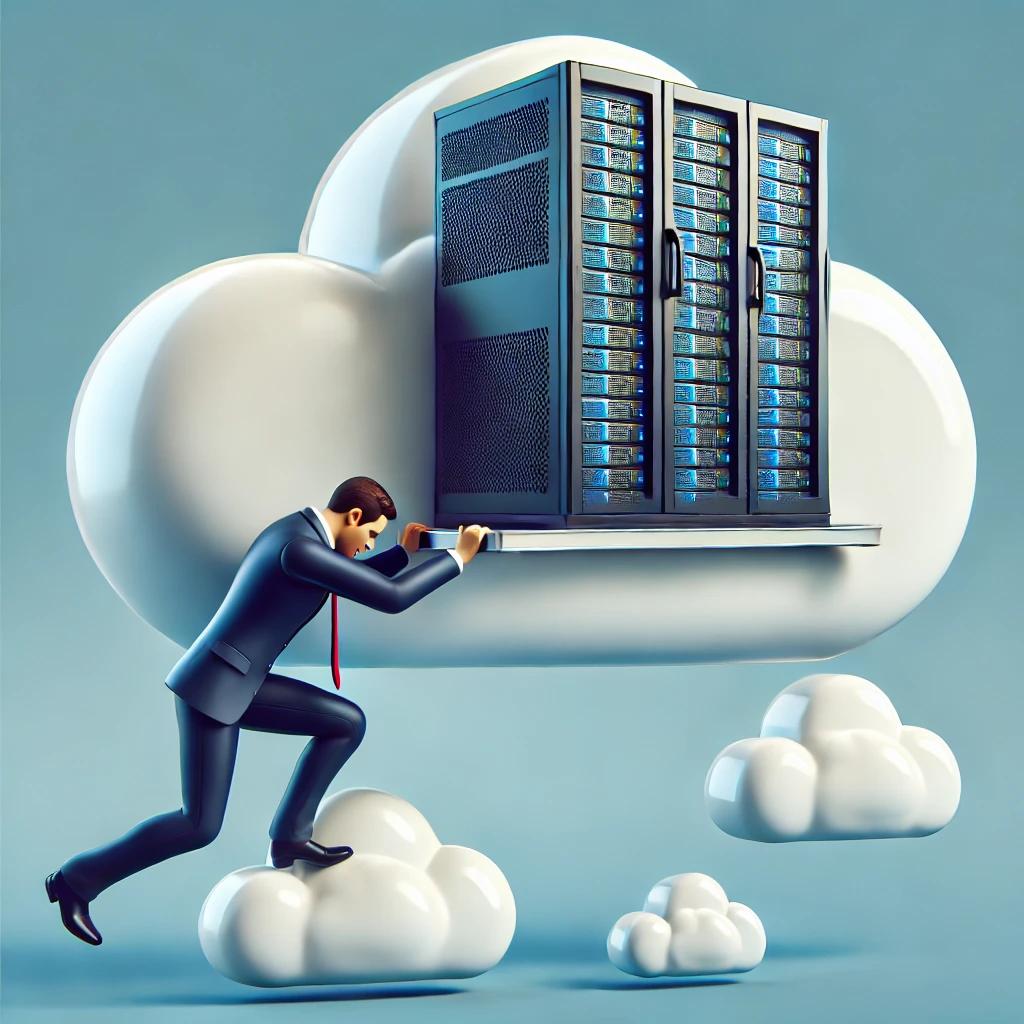"Digitale Wissensbissen": Cloud Migration - a double-edged sword

Introduction
Companies expect cloud migration to deliver cost savings and economies of scale that are difficult to achieve with their own servers. However, the reality is that a naive approach to cloud migration often leads to financial and operational challenges. In this episode, we explore the basic concepts and strategies that everyone should know to ensure a successful cloud migration.
Key points from the episode
- Naive ideas and financial consequences:
- “We actually experience slightly naive ideas about what it means to go to the cloud or migrate to the cloud so often.”
- “On the other hand, there are also financial consequences of taking a naive approach to cloud migration.” - Lift and Shift: An often problematic strategy:
- “The strategy of the so-called Lift and Shift [...] has a few significant disadvantages, which very, very often lead to the failure of such projects.”
- “Even if I manage to move my applications from my local servers to cloud servers without major changes, I have to somehow compensate for this increase or pass it on to my end users.” - Interests in the cloud migration project:
- “There is a triangle of interests: IT operations, finance and development team.”
- “These three interests, when you look at a pure lift and shift project, contradict each other.” - Lift, Tinker and Shift: A better alternative:
- “The minimum requirement is a so-called free-platforming, also known as lift, tinker and shift.”
- “Replacing this database with a cloud-native database service promises the highest performance scaling effects as well as the highest savings potential.” - Advantages of cloud migration:
- “What I also get, at least in theory, is scalability.”
- “Another scale-to-zero issue is that some services in each application don't have to run all the time, or at least don't consume resources all the time.”
Summary
Migrating to the cloud offers numerous advantages, including cost savings, scalability and simplified handling of IT resources. However, a naive approach, such as a simple “lift and shift”, can result in significant financial burdens. It is important to consider the interests of the various stakeholders – IT operations, finance and the development team – and to pursue a well-thought-out strategy.
A better alternative to a pure “lift and shift” is the “lift, tinker and shift”, in which at least some components of the application are replaced by cloud-native implementations. In particular, migrating databases to cloud database services can result in significant savings and performance advantages.
In addition, cloud migration offers advantages such as increased security, the ability to scale to zero (scale-to-zero) and more efficient use of resources, which can also have a positive impact on the environment.
Overall, it is crucial to aim for a migration that is as native as possible in order to take full advantage of the cloud and minimize the disadvantages. A well-planned and well-thought-out cloud migration strategy can help companies make their IT infrastructure more efficient and cost-effective.
